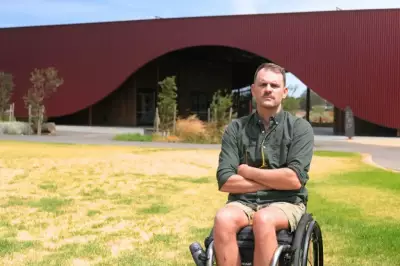
Mixed Reactions to ACT's Social Reforms
The ACT government has received rare praise for its recent social policy advancements, though many argue the changes do not go far enough. In a series of letters to the editor, Canberra residents have expressed both gratitude and frustration regarding reforms to voluntary assisted dying and sex work legislation.
Fred Pilcher from Kaleen acknowledged that while progress is overdue and inadequate, we must be grateful for small mercies. He shared a personal connection, noting his mother, like letter-writer Alayne Richardson's, endured needless suffering under current limitations.
Progress Amid Limitations
The voluntary assisted dying legislation, while a step forward, remains too timid according to those who have witnessed loved ones suffer. Similarly, the move to treat sex work as any other business, championed by Dr Hilary Caldwell and others, was described as encouraging though surprisingly belated.
Pilcher emphasised that neither reform compels participation, stating there can be no legitimate complaint about either. He criticised the ongoing influence of a small and rapidly diminishing cadre of people whose gods object to both, arguing that religious objections should not restrict others' choices.
Community Concerns Beyond Social Reform
Other letters highlighted additional local issues. John McIntyre from Bruce questioned Radford College's significant fee increases, noting a 20 per cent tuition fee hike for next year alongside a $2500 non-refundable waiting list fee. He observed substantial infrastructure developments at the college while it cited declining government support and rising costs.
In media matters, Tony Falla from Ngunnawal corrected the ABC News Canberra's protocol error regarding David Beckham's knighthood, pointing out that Victoria Beckham should be known as Lady Beckham, not Lady Victoria Beckham.
Meanwhile, Anne Amman from Dargan, NSW commented on federal politics, suggesting Sussan Ley should focus on economic realities rather than outdated energy ideologies as renewables approach 50 per cent of the national grid supply.
The collective correspondence presents a community engaged with issues ranging from social reform to education costs and media accuracy, all while pushing for more substantial progress from their governments.






